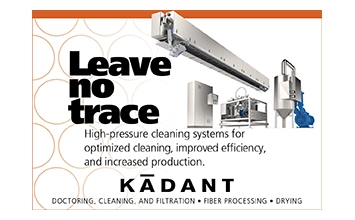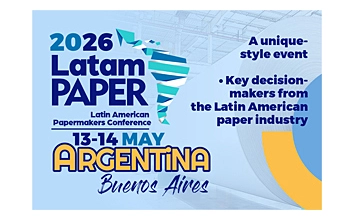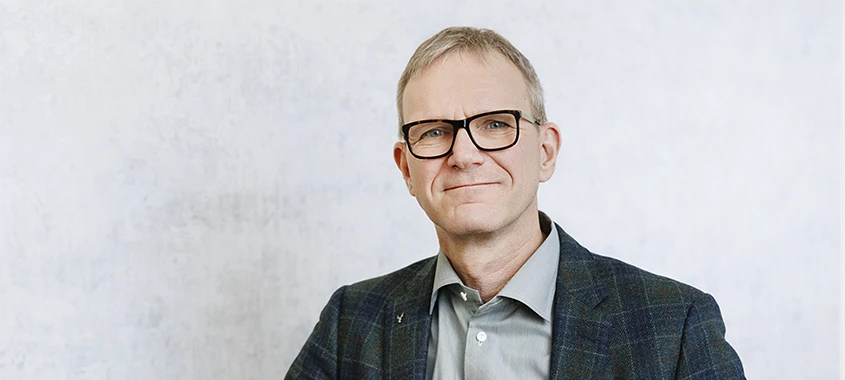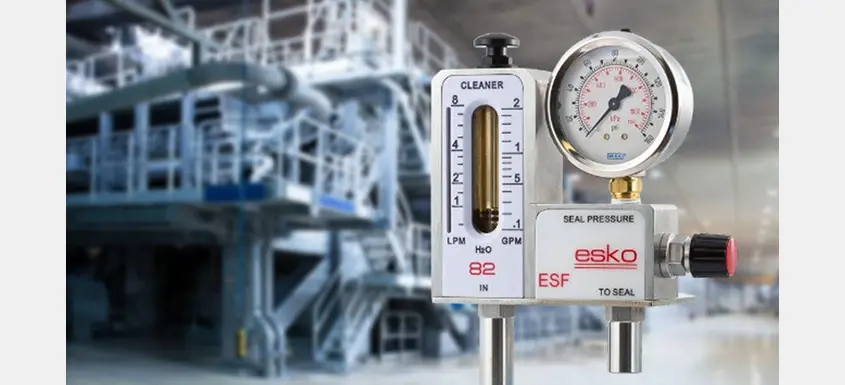Nefab has introduced an expanded version of its EdgePak Collar, a fibre-based alternative to wooden pallet collars designed for one-way shipments.
The updated product line offers new pallet sizes, customizable strength, and improved stability, building on its reputation as a sustainable and cost-efficient packaging solution.
Developed to help industries reduce emissions and landfill waste, the EdgePak Collar is targeted at sectors such as automotive, mining, and heavy-duty logistics where return flows are not feasible. Nefab’s life cycle analysis shows that replacing wooden pallet collars with EdgePak can result in:
-
34% lower CO₂ emissions,
-
49% less landfill waste,
-
40% lighter weight, reducing air freight by up to 16%.
“Many companies still use wooden pallet collars for one-way shipments, creating unnecessary waste and costs,” said Johan Tegell, Product Area Director at Nefab. “We worked closely with our customers to develop EdgePak Collar — a lighter, recyclable, and cost-effective alternative that significantly reduces both landfill waste and emissions without compromising functionality.”
The product line now includes full-pallet options in EUR (1200x800mm) and US (48″ x 40″) formats, in addition to the original half-EUR size. Reinforced corrugated construction enhances stiffness and stability, while standardized lids and bottoms allow for flexible load capacities.
Recognized with a 2025 WorldStar Award by the World Packaging Organization, the EdgePak Collar highlights Nefab’s innovation in sustainable logistics. The company has set a goal to reduce CO₂ emissions in customer supply chains by 10 million tons by 2030.
“As part of our mission, the EdgePak Collar plays an essential role in rethinking packaging to meet specific supply chain needs,” Tegell added. “It helps customers cut emissions and minimize resource use, one step at a time.”
Nefab, headquartered in Sweden, provides packaging and logistics solutions with a focus on sustainability and efficiency. The company operates in more than 38 countries, employs over 5,000 people, and reported turnover of 10.3 BSEK in 2024.























































